Malaysia is a multicultural country and we are proud of it. That is because regardless of our religions, cultures and believes, we are able to live together in harmony.
Malaysia consists of multiple of ethnic groups. The 3 largest groups are Malays, Chinese and Indians. Today, I would like to introduce Kenyah, one of the ethnic group in Sarawak. I am a Kenyah and am proud of it.
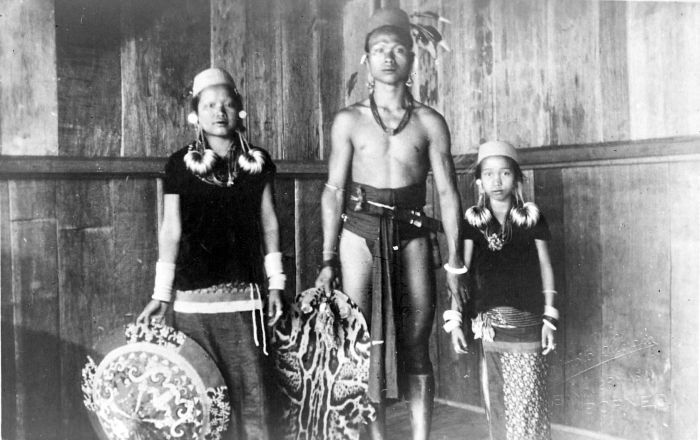 By Tropenmuseum, part of the National Museum of World Cultures, CC BY-SA 3.0, https://commons.wikimedia.org/w/index.php?curid=8608317
By Tropenmuseum, part of the National Museum of World Cultures, CC BY-SA 3.0, https://commons.wikimedia.org/w/index.php?curid=8608317

Background
Kenyah people, also known as “Orang Ulu”, are the indigenous people of Borneo. They live mostly in the remote Baram, Sarawak and East Kalimantan in Malaysia and Indonesian sections of Borneo respectively.
My dad is a Kenyah from Tubau, Bintulu, Sarawak, whereas my mom is a Kenyah from Baram, Sarawak.
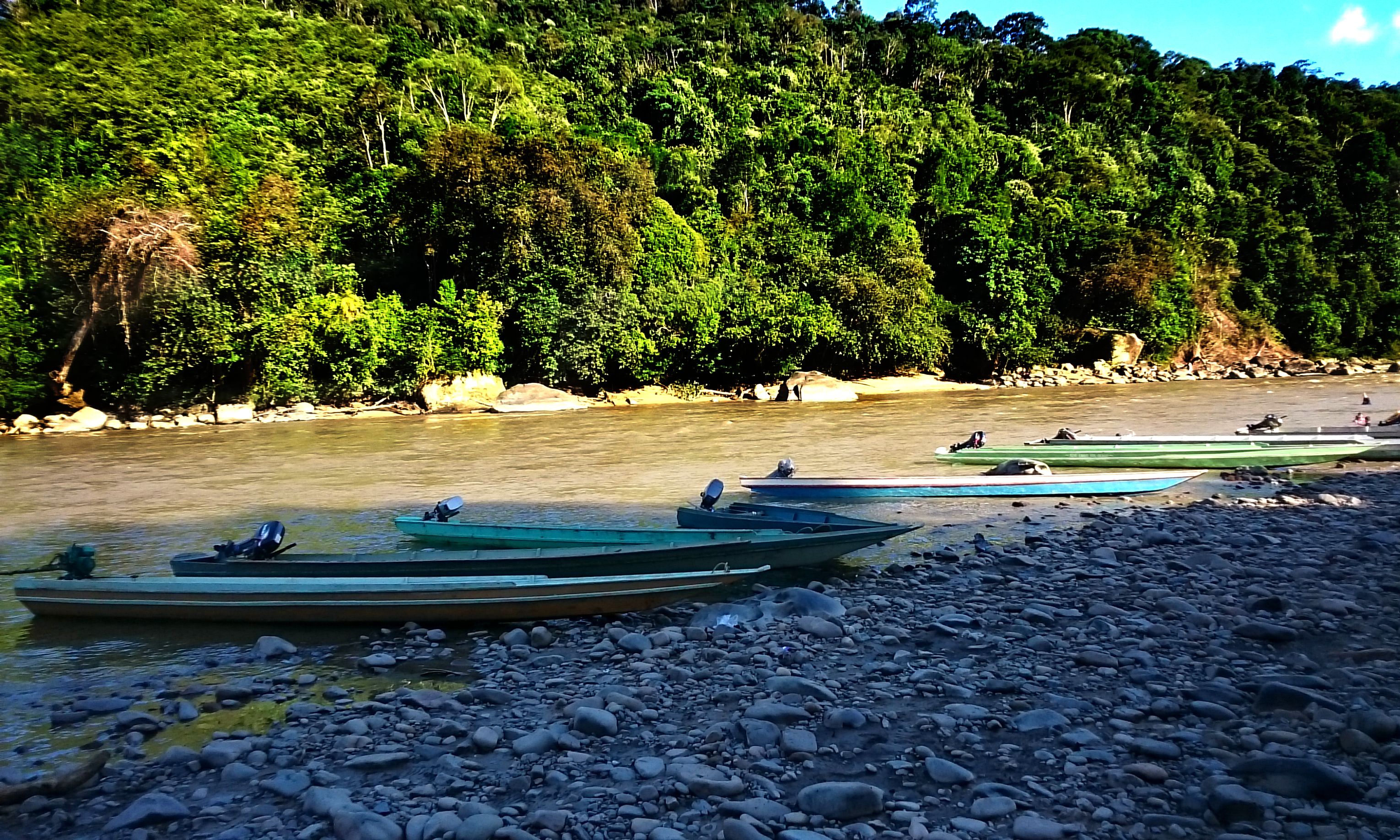
This river is located just in front of my mom's longhouse in Baram

Language
The Kenyah languages, called Kenyah, are a small family of Austronesian languages. Kenyah is a dying language, spoken mostly between the elders.The younger generation, however, have mixed Kenyah with Malay language and some English. Since Kenyah is divided into different tribes, each tribes speaks different dialects. As for me, I can understand both my mom's Kenyah (Long Selatong Lepo' Gah) and my dad's (Long Unan) but can only speak my mom's Kenyah. (mixing it with a looot of Malay language and English 😅 )
Here are some simple Kenyah (Long Selatong) words:
I -- Akek
You -- Ikok
Eat -- Kuman
Sleep -- Lurok
Mom -- Uwek
Dad -- Amai

Religion
Before the arrival of Christian missionaries, the Kenyah people practice a traditional form of animism called the “Bungan faith”. However, today only small number of Kenyah People who still practice the Bungan faith.
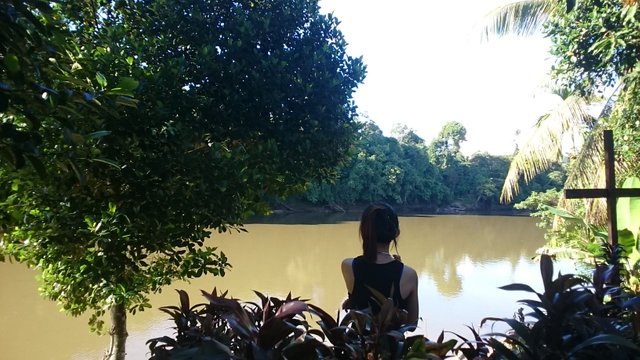

Culture
Back in the days, the Kenyah people were traditionally agriculturalists and hunters. Even today, My grandmother still plants rice, fruits and veges, whereas my uncles still hunt for wild boars and deer in the jungle.
My grandmother also still lives in longhouse. The younger generations, however, had migrated into the cities, only going back to the village, once in a while. Each longhouse consists of families who choose their own leader (headman). On special events or celebrations, such as harvest festival, Christmas or traditional weddings, they will normally gather at the verandah.
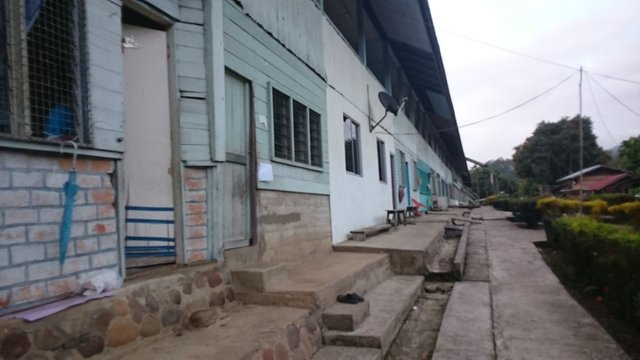
This is the front view of my longhouse
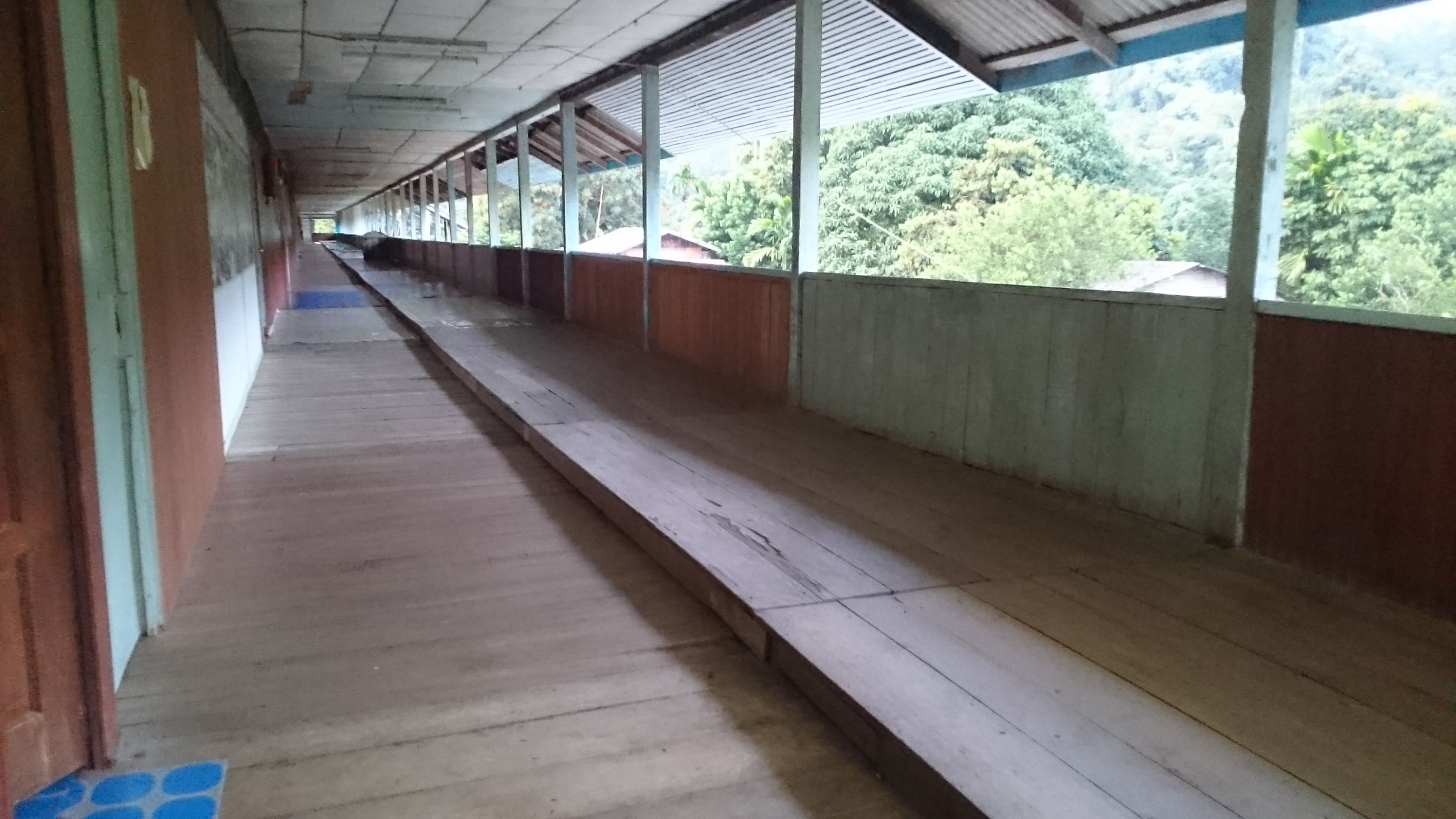
Our empty verandah
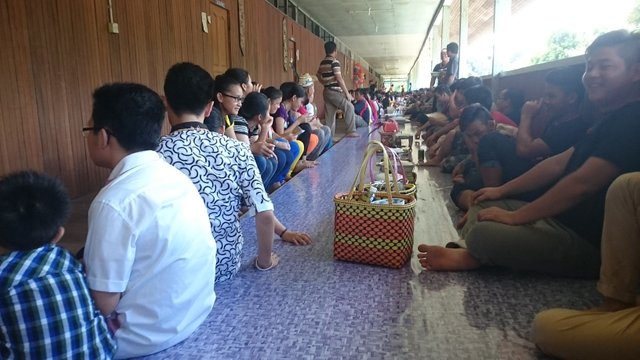
On Christmas Day, all the villagers will gather at the verandah and have their lunch together

Music
Kenyah people composed their own songs and melody such as Lan E Tuyang, Leleng leleng. Popular traditional Kenyah musical instruments is sape. A sape costs more than RM 480.
I'll also use this opportunity to link a Sape song by Uyau Moris, a Dayak Kenyah from North Borneo Indonesia.








What an interesting post. Very-well written, and with plenty of introductory information about the Kenyah people, and about Borneo itself.
A few years ago, I spent 2 weeks in and around the city of Kuching and the village of Santubong, and had a wonderful time.
One of the most interesting aspects is the fact that Borneo comprises various indigenous ethnic groups, and how they all appreciate each other and get along very well.
Also, most people I met are proud of their heritage and ethnic identity – even while they manage to function perfectly in modern society / in urban settings.
Thank you for reading about Kenyah and Borneo ☺️ Im glad you enjoyed your stay in Kuching. And yes, Borneo has a loooot of ethnic groups with their own unique cultures and traditions.
Thank you for taking part in this months #culturevulture competition. Good Luck
Thank you ☺️
I didn't realize you are a Kenyah. Upvoting and resteeming this post 😊
Yes i am ☺️ Thank you 😊
hi @vaelriey,
I am from the Culture Vulture for CNers, a cross-culture translation project in collaboration with @ eroche and carried out by @ deanliu and me. We'll pick at least one article every week and translate it into Chinese, aiming to bring cultural diversity to the #CN community.
I am here to ask for your permission, to allow us to translate this article to Chinese. Author's liquid reward (SBD) from the translated post will be used for supporting the Culture Vulture Challenge project, and returning to the original author(s). Please feel free to ask us anything regarding this project. And please inform us if you do not wish your work to be translated. Thanks.
Hi @ygern,
It would be an honour to have my article to be translated into Chinese. Feel free to do so ☺️
Thank you :)